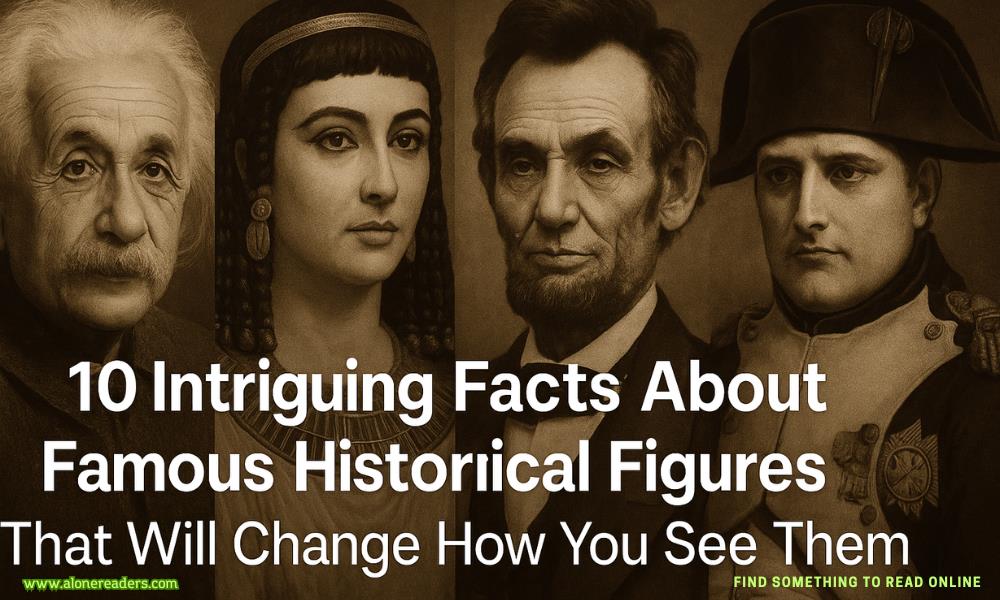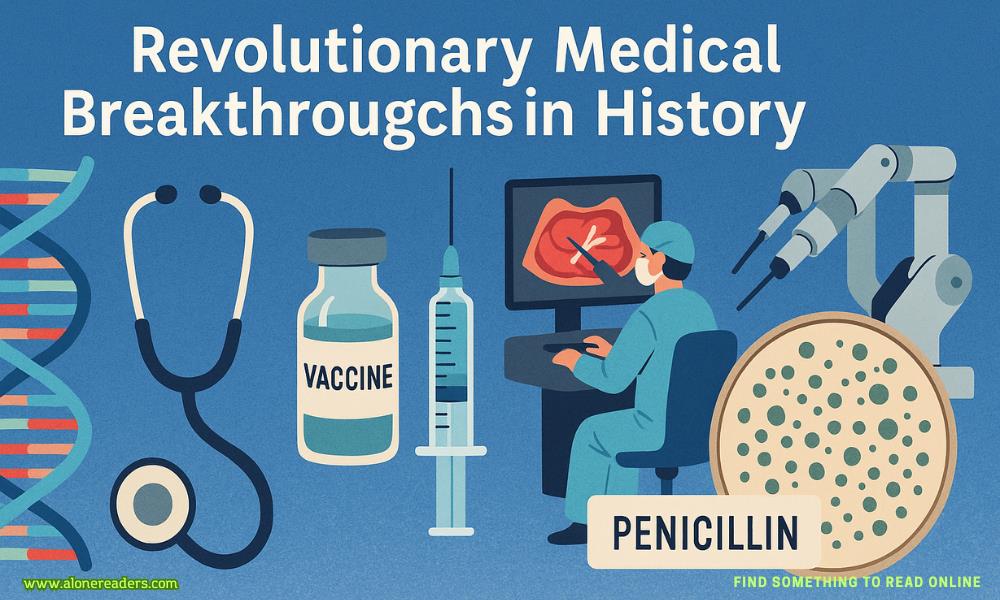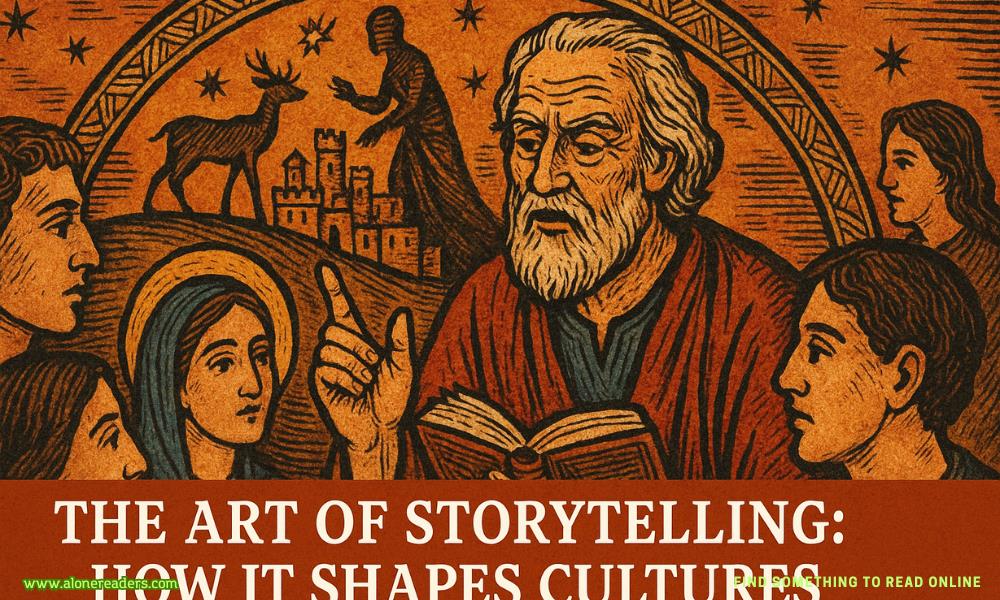Page 46 of Six Wild Crowns
“Would you have killed me if you hadn’t already begun to love me?” Boleyn asks.
“Yes,” Seymour says.
Boleyn laughs breathily, her stomach contracting beneath Seymour’s hand. “I can’t tell you how much that delights me.”
Seymour supposes that isn’t such a strange reaction for Boleyn – an escape from death is a victory, after all.
“Do you believe what the oracle told Princess Tudor?” Seymour asks.
“Of course. It is strange, though…”
“Go on.” Boleyn’s shoulder twitches against Seymour’s chest. Seymour has noticed that she moves her shoulders when she’s thinking deeply.
“From the storm, a blossom. From the blossom, a tree. Tallest of all, strongest of all, to cast Daven’s seed into shade.”
The prophecy sounds more melodious in Boleyn’s voice than it did in Princess Tudor’s. A promise, not a threat.
“Don’t you see the oddness?” Boleyn says.
Seymour shakes her head, even though Boleyn won’t be able to see her. She feels slow and dull once more.
“Surely that prophecy should have been for me or my child,” Boleyn continues. “Why did the oracle give it to the princess?”
Seymour hadn’t thought of this. “Maybe the fates of the princess and your child are so intertwined that their prophecies cannot be separated.”
Seymour feels Boleyn turn over to face her.
“You’re thinking something else,” Boleyn says.
“Only what a burden that would be, if it were true. To never be free of another’s name, spoken alongside your own. To be compared in perpetuity.”
Boleyn’s hand finds Seymour’s once more.
“I always thought you were quiet,” Boleyn says. “But I was wrong, wasn’t I? Now that I’m truly listening to you, I can hear it.”
“Hear what?”
“The endless scream of your soul.”
Boleyn’s breathing deepens as she falls asleep. Seymour knows, in that moment, that she will offer herself as a gift every day for the rest of her life if Boleyn will allow it.
CHAPTER TWENTY
Boleyn
Boleyn cannot forget the tenderness or the surety of Seymour’s embrace. She was telling the truth when she said that she has only ever loved one man. She has only ever been with one person, too – Henry. She had assumed that Seymour was a virgin. So when Seymour jokingly proposed warming her up, she was half curiosity, half pity – let Seymour explore Boleyn a little. But Seymour, it seems, is not inexperienced at all. Yet another secret. Yet another way in which Boleyn has been mistaken.
When they drive through Pilvreen on their return from the font, the disparity between her and her lady-in-waiting is more pronounced. So many of her people look at her with disgust. She can see them mutteringwhoreandwitchwhen they think she cannot see, and even though she knows it’s unfair and unkind, the rageful part of her wants to point at Seymour and shout, “She is the whore! She is the one built of lies!”
With one riddle solved, though, she can at least turn her attention to another: what to do about these pamphlets and these rumours. With Henry gone to war, she cannot find a solution with him, and in any case he has more important things to consider. She will find a way through without him, prove herself a help, not a burden.
If she cannot confide in Henry, though, who can she confidein? George would try to reassure her, and she cannot tell Mark or Rochford without them telling her brother. Something stops her from confiding in Mary – the two of them love each other ferociously, but there has always been an undercurrent of competition. That leaves only one person she can think of. That it might send Henry a little message – that her love should not be taken for granted – is a delightful afterthought.
“Tell Master Wyatt to join me for a turn around the palace grounds,” she tells Syndony.
Wyatt is pleasingly swift, finding her in the vestibule only moments later. This is how he makes himself useful now that Henry has destroyed the bishop’s book: with company, entertainment and light, safe flirtation. He is very good at pretending to adore her, which is just the way she likes it. She enjoys his mind, sharply political but honest. That’s what she needs now.
They walk, followed discreetly by Boleyn’s guards, towards Brynd’s sanctuary, which sits, tall and stolid, along the open road between the castle and the port. On the wall facing the ocean, the sanctuary’s stone has been blasted pale by the sea salt. On the inland side it is dull and grey. Boleyn’s mind is full of dualities at the moment. Light and shadow. True and false. Open and secret. Loyal and traitor.
- Daddy's Dirty Little Secret by Sofia T. Summers
- Sofa King Safe by Alexa Riley
- A Touch of Fate by Cora Reilly
- Mercy by Elizabeth Knox
- Veiled Vows by Ajme Williams
- Bending Over for My Tw!n by J. Snow
- Double Mountain Men by S.E. Law
- Fierce Vows by Jade Marshall
- Snowed in with the Mafia by Chloe Kent
- Claimed By a Knight by Lena Little
- Choke by Mila Crawford
- Stolen Princess's Secret by Kelly Hunter
- Wicked Games by Willow Dixon
- All Jacked Up by Abbi Glines
- Scatter the Bones by Autumn Jones Lake
- Need You to Choose Me by B. Celeste







